Permanent Residential Care
Cobram Regional Care is a fully accredited by the Aged Care Quality Agency to provide residential care to 80 Care Recipients.
As you grow older, you may require assistance because of an illness or a disability, or because of family needs. Sometimes, the best way to get help and support is by residing in an aged care home. Aged care homes can provide peace of mind with 24 hour nursing care and a variety of daily services like cleaning, cooking and laundry.
We offer a full range of care to help suit your needs. And if your needs change, we will continue to support you, by adapting the care we offer you.
Respite Care
As a carer you may need a small break or have other commitments that take you away from your carer role for a short period.
Or your loved one may need some time to recover after a hospital admission. Whatever the reason, we are happy to help with a range of options available for respite care. We currently operate a permanent Respite bed 365 days of the year.
Specialised Dementia Care
Our 22 bed special care unit ‘Murray River House’ is designed and staffed to ensure that the special needs of older people with dementia are met.
Dementia is associated with a decline in memory, which may reduce a person’s ability to perform everyday activities.
Making the decision to find alternative care for a person with dementia can be one of the most difficult decisions a carer will make, and some people require specialised dementia care. All of our staff undergo specialist dementia training, equipping them with strategies to enhance quality of life. It teaches them to put the person experiencing dementia first and their condition or illness second.
We call this ‘person centred’ care and it ensures that an older person in our care treated as an individual.
What is dementia?
Dementia is the term used to describe the deterioration of brain function that impact and disable a person in the following ways;
- Memory loss – having difficulty remembering recent events. Over time this will also impact longer term memory.
- Difficulties with communication – people may have trouble with word finding, naming people and objects. People may have trouble understanding others and being understood. This can also be very frustrating for the person and for their family and friends.
- Difficulties with reasoning and rationale – Often a person will have trouble making sense of what is happening around them and may not be accepting of others explanations, as they cannot perceive things the way they used to.
- Loss of daily living skills over time – Many long held skills and abilities may remain but the person needs support to maintain these and to also negotiate unfamiliar places and activities of daily life. They may need help or prompting to initiate activities like getting dressed or to complete those same things.
All of the above will of course impact the emotions and feeling the person experiences. It can be very frustrating and stressful to live with dementia. This is why a person may act, react or behave in ways that seem strange or unusual to others. It is important to seek to understand what is happening and why – essentially what the person is communicating to us through their actions or behaviour.
There are over 353,800 Australians living with dementia. This is expected to increase to 400,000 in less than five years. Three in ten people over the age of 85 and almost one in ten people over 65 have dementia. The latest statistics can be obtained from fightdementia.org.au/about-dementia/statistics
Dementia types
Dementia is not one specific disease. In fact, there are over 100 different types of dementia. The most common types of dementia are;
- Alzheimer’s disease
- Vascular dementia
- Dementia with lewy bodies.
Signs and symptoms of dementia
Dementia can affect people in different ways, which means the signs and symptoms will vary person to person. Depending on the type of dementia and its progression, symptoms can include;
- Memory loss, especially for more recent events
- Difficulty finding their way around, especially in new or unfamiliar surroundings
- Poor concentration
- Difficulties with thinking, such as trouble with using logic during a discussion
- Changes to physical abilities, such as difficulties coordinating movement during domestic chores
- Psychological changes e.g. becoming irritable, saying or doing inappropriate things or becoming suspicious or aggressive
- Later in the experience of living with dementia the person will be impacted by severe cognitive and physical problems, including loss of speech, immobility, incontinence and frailty.
Palliative Care
End of life care – also known as palliative care – is the care of people with an illness where recovery is not expected. This can also be a very challenging time for families. We understand how difficult and emotional these situations are, which is why we provide respectful proactive care for residents and relatives in their last days of life, making sure their physical, psychological, social and spiritual needs are considered and met.
Our passionate staff are committed to providing a comprehensive approach to ensuring a dignified end-of-life. Our nursing staff are specially trained in the provision of end-of-life care. Where a care recipients symptoms may become challenging or difficult to manage, we have developed relationships with Regional Palliative Care services to provide advice and support on the best possible care and symptom management.




